Riding the train to Virginia, the Walton Home Guard arrived at the battlefield too late. Their train had been delayed and the First Battle of Bull Run was already over as they stepped of the train and stood in the rain without tents or blankets. They had eaten all the food packed by their wives and sweethearts on the trip and found the Fair Grounds in Richmond to be crowded with thousands of men that made up the Confederate army.
 |
| Bull Run |
 |
| Barracks at Manassas Va. |
 |
| House at Bull Run |
William H. Butler was sent to Richmond to one of the "hospitals" and was soon found to be disabled with the dreaded Typhoid fever. Caused by the Salmonella germ Typhoid can lay dormant and after feeling a little better for awhile come back with a vengeance. Having a fever and dysentery with weakness and unable to eat, 20% of those who contracted this disease died eventually from complications. On August 10th, Will was discharged disabled. His discharge papers were signed by Brig. General J.H.Winder. Winder would later be put in charge of prisons and would have been tried for the conditions at Andersonville Ga., if he had not died from a heart attack before the war was over.
William died at home a few weeks after he made it back from Virginia. He would be one of many of Zachariah Butler's grandsons who would die in the Civil War.
















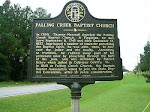
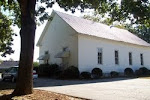



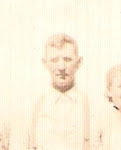
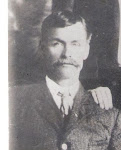


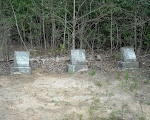




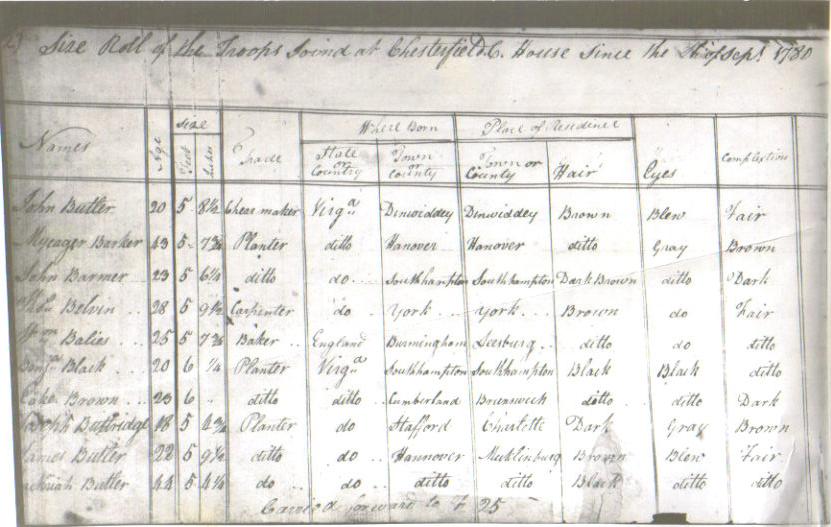
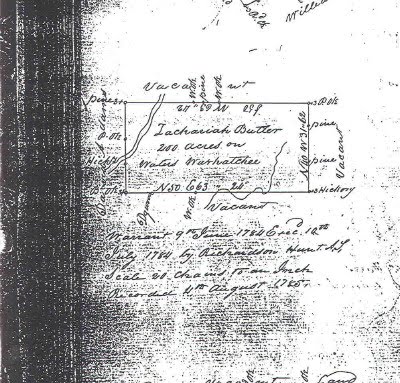

No comments:
Post a Comment